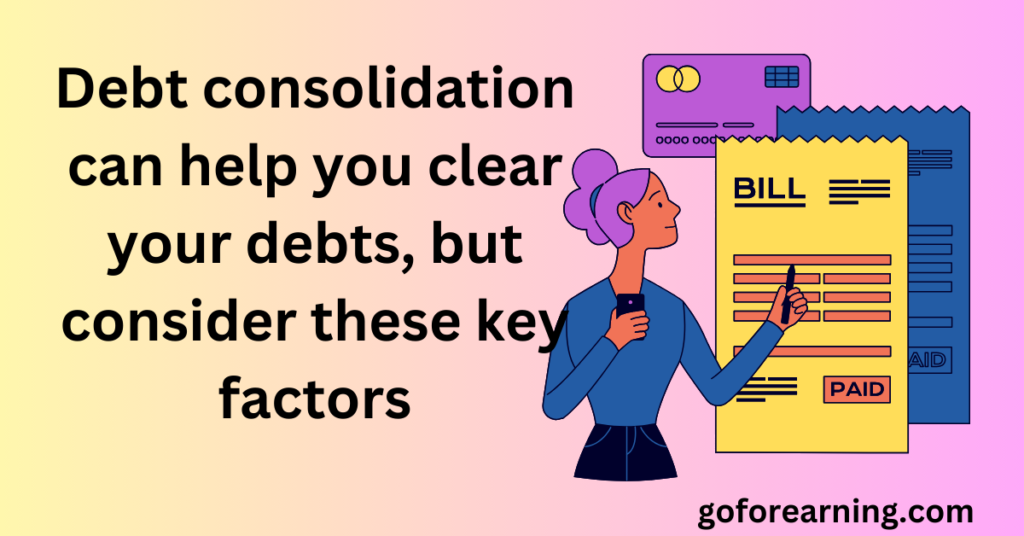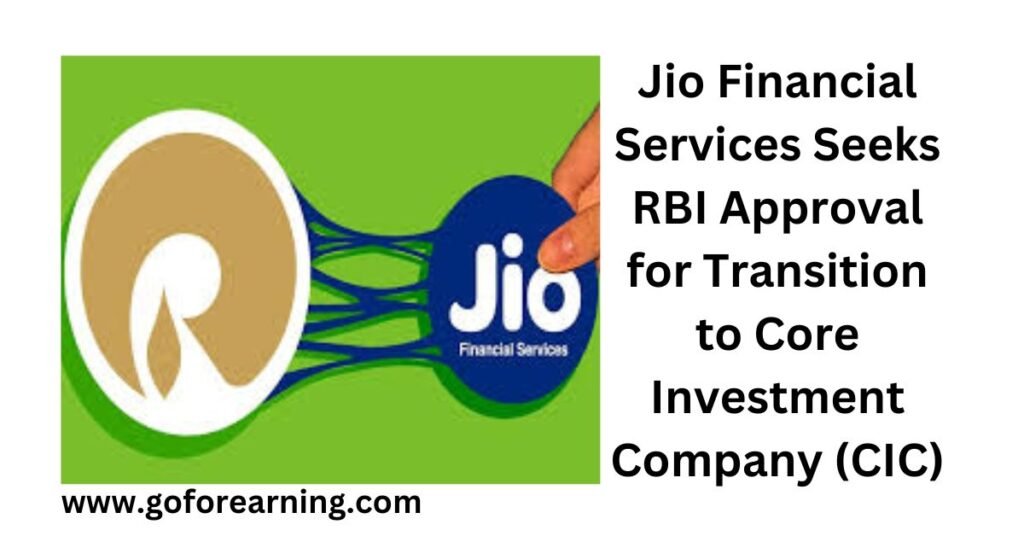Debt consolidation can help you clear your debts, but consider these key factors
Debt consolidation can be a good way to handle multiple bills, but you should carefully consider whether it’s possible and how it will affect your general financial health before you go ahead with it.
Everyone owes money, but it can be hard to handle all of your bills if you have a lot of them. It’s not always possible to have a lot of loans and keep track of all your payments on time or in full. That’s why it makes sense to combine your debts into one manageable loan that you can pay back on time.
Consolidating your debt is one thing that can help in this case. Putting together several bills into one loan or payment plan is what it means. This method combines several open debts, like credit card bills, personal loans, or other responsibilities, into a single, doable payment. The goal is to make paying off debts easier.
People who get a new combined loan usually get a lower interest rate or more time to pay back their old loans. This makes it easier for them to handle their debt. But before you choose debt restructuring, here are some important things to think about:
A Look at the Total Debt

One of the most important things to do before you consolidate your debts is to look at all of your current loans and debts and their interest rates, payback terms, and any fees or fines that come with them.
Score and Eligibility for Credit
It is very important to know your credit score because it affects your interest rate on loans and other things that can make or break your loan. You should check your credit score because it affects whether you can get the combined loan and how much interest you pay. Most of the time, better loan rates come with higher credit scores.
Find out how consolidating your debts might affect your credit score. In the beginning, consolidation may hurt your credit score, but if you make payments on time, it may get better over time.
Bankbazaar.com CEO Adhil Shetty says, “If you have good credit, you can often get lower interest rates on a consolidated loan.” This means that general interest costs go down, which makes payments easier to afford. Better credit scores may mean better loan terms, like longer payback terms or bigger loan amounts, giving you more freedom in how you handle your debt.
Rates of interest and fees
Occasionally, extra fees can make your general budget tight. You should make sure that the interest rate and other fees are not too high for you to handle. Look at the consolidation loan’s interest rates, handling fees, and any other fees that come with it. Make sure that the new rate is less than the average rate on the bills that are already there.
When and how to pay back a loan
Check out how long and how often the combined loan payments are due. Longer terms might mean lower monthly payments, but more interest may be paid over time.
Discipline in Money
Commit to good money habits so that you don’t get into more debt while you’re paying off the combined loan. Budgeting and spending money wisely are very important for managing debt well.
Talk to professionals to learn about the effects of debt consolidation and whether it’s a good idea for your case.
Debt consolidation can be a good way to handle multiple bills, but you should carefully consider whether it’s possible and how it will affect your general financial health before you go ahead with it. Making an informed choice can help you handle your debt well and keep your finances stable.





